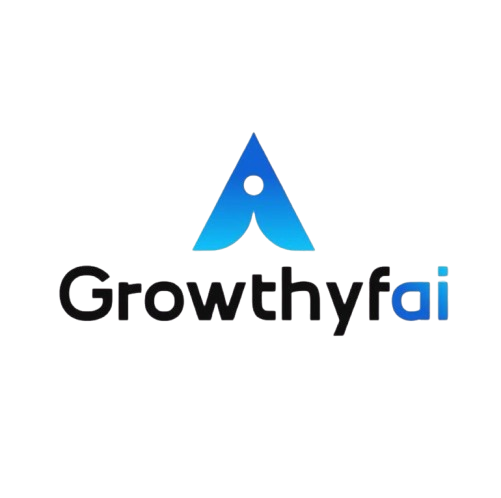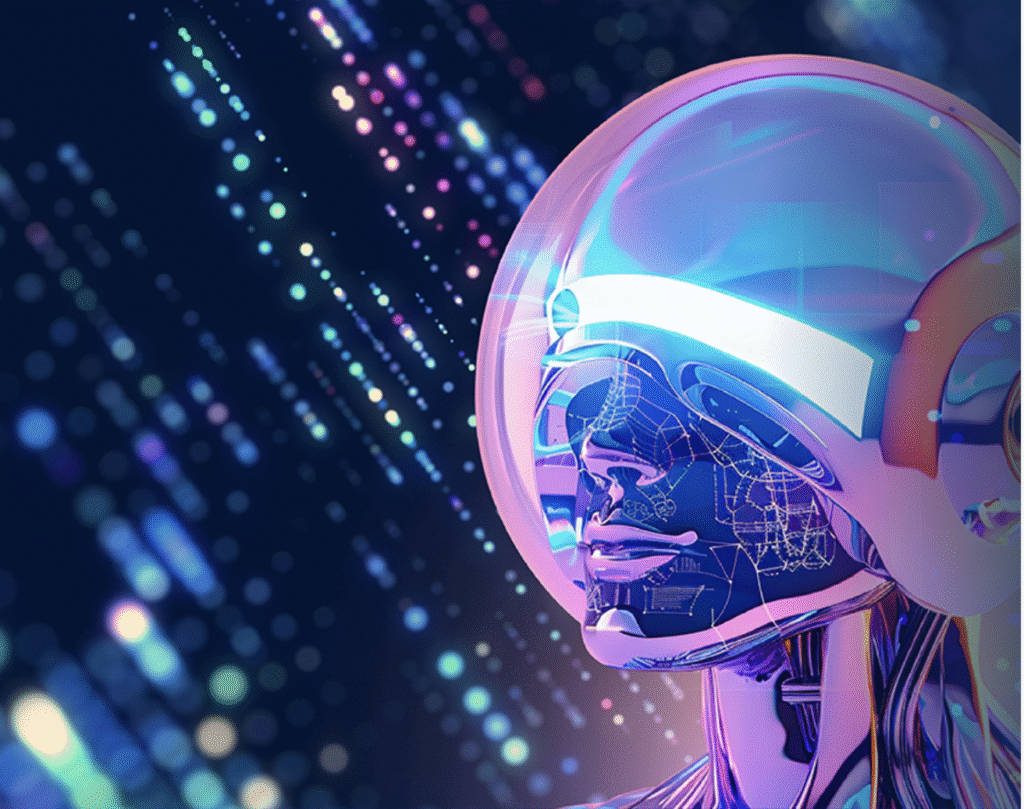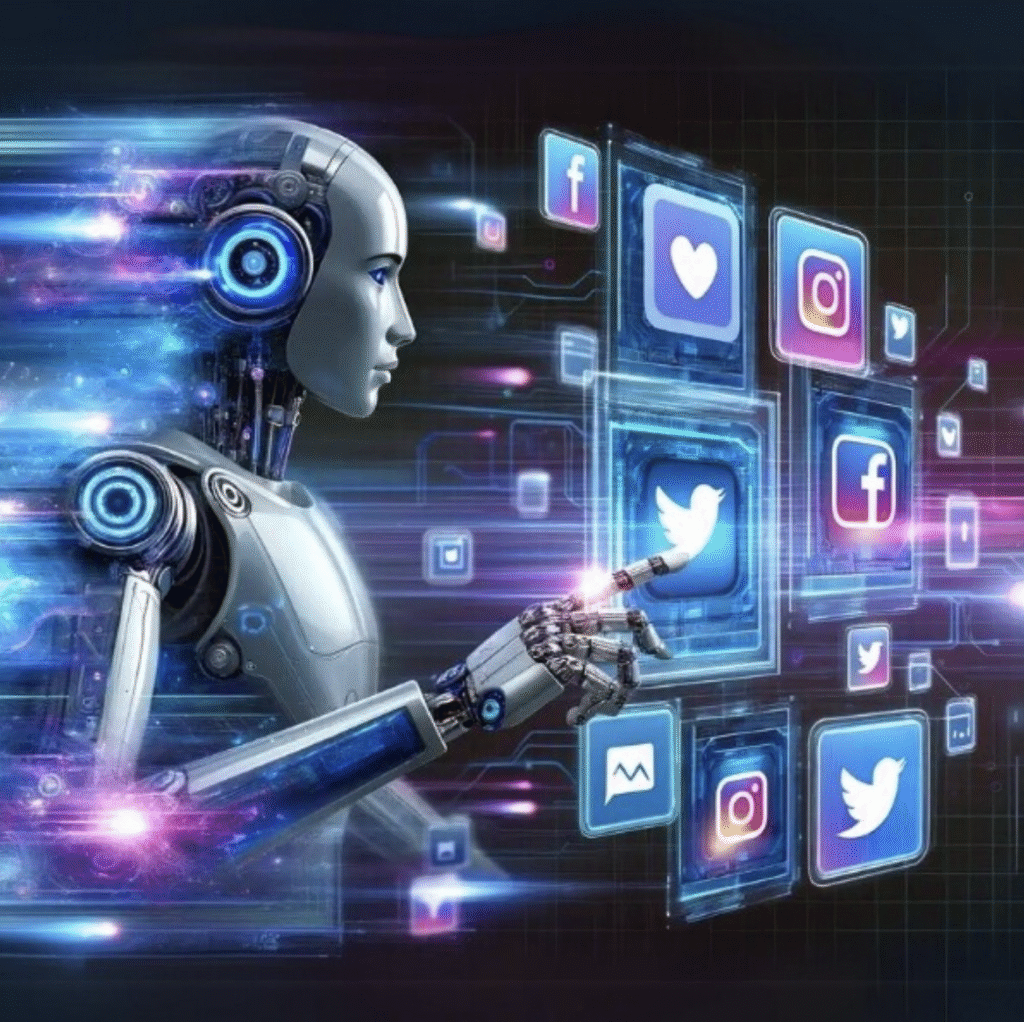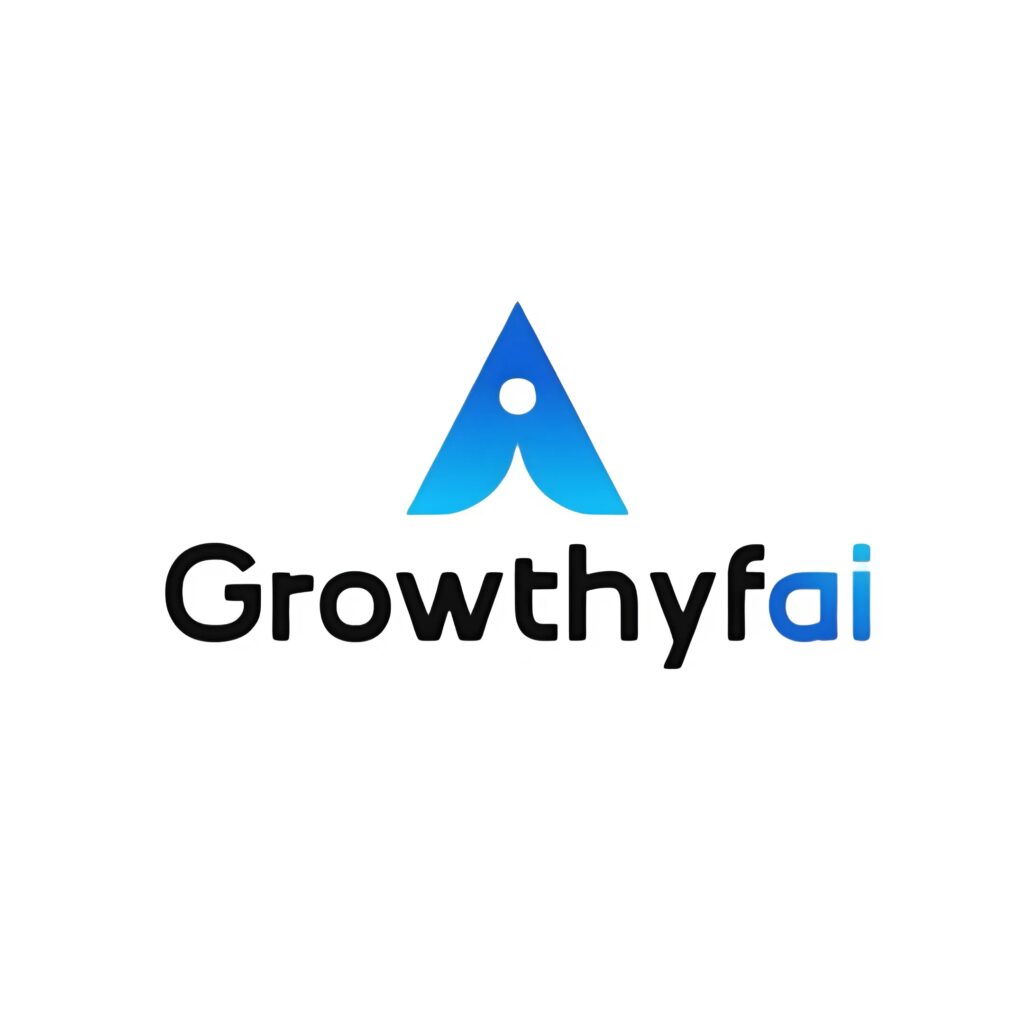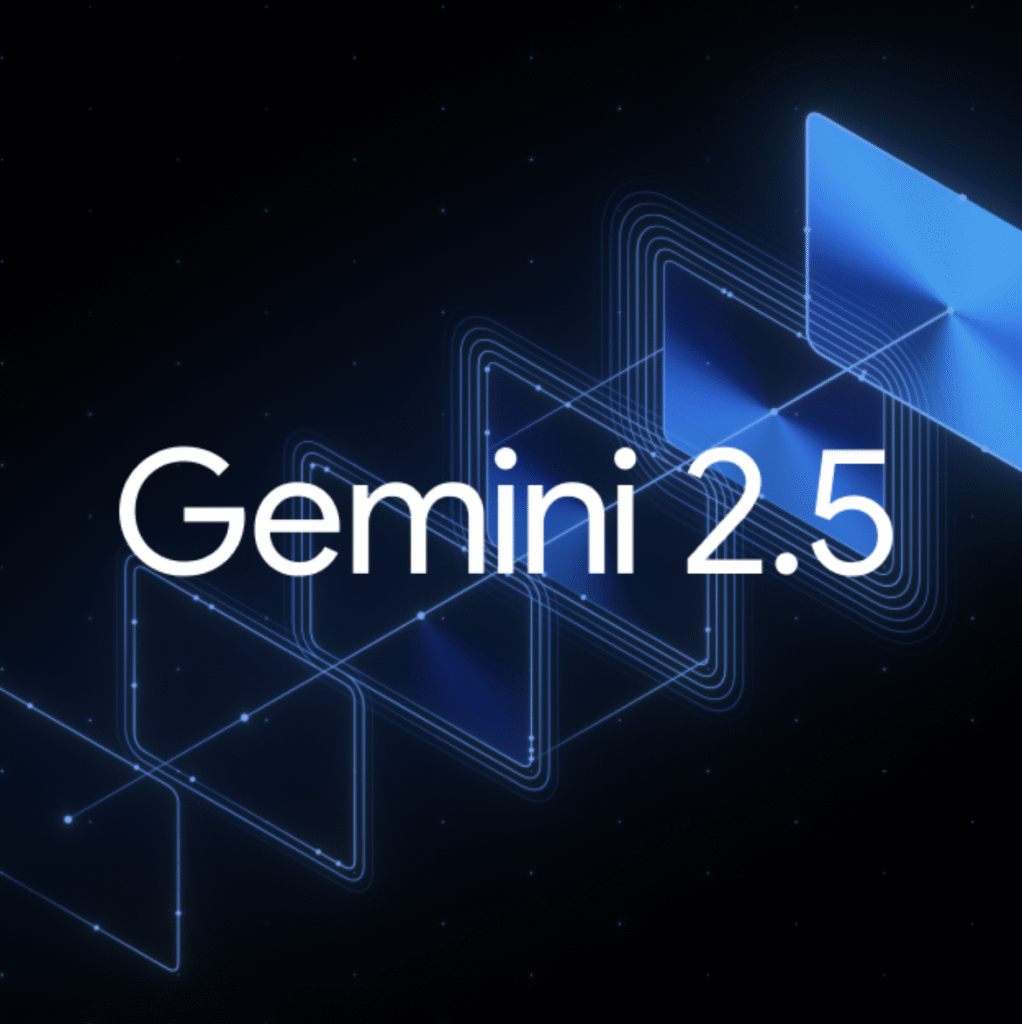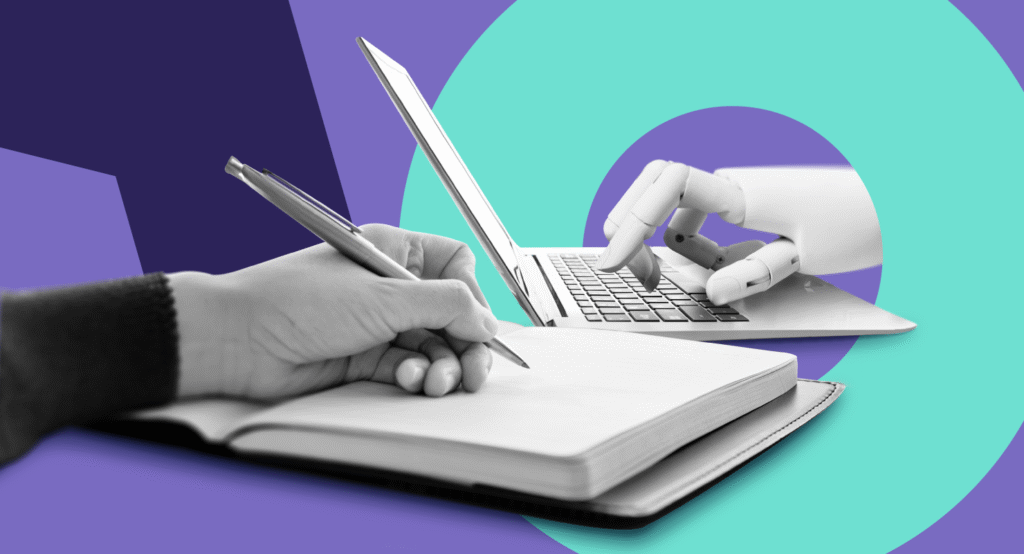The Rise of Agentic AI: Transforming Business Operations in 2025
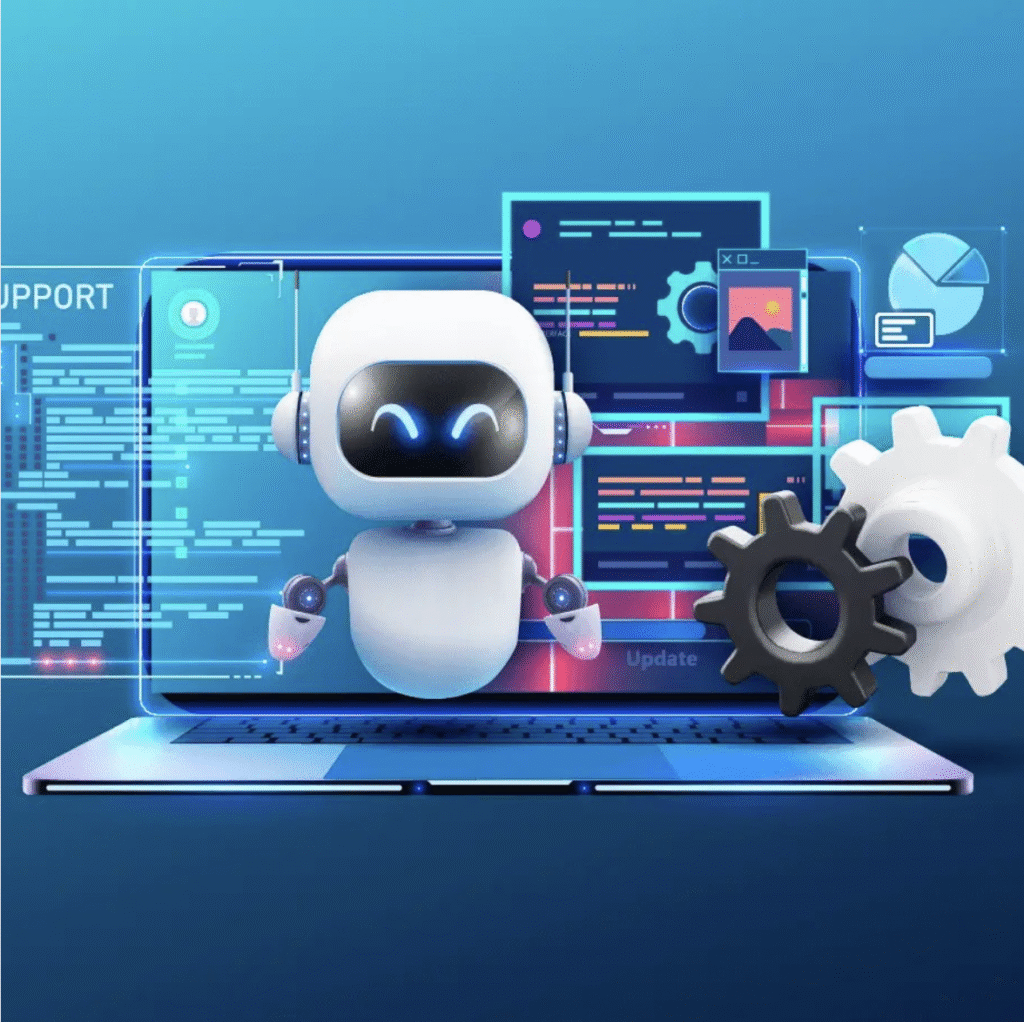
Introduction
In 2025, agentic AI—autonomous systems capable of performing tasks independently—is redefining how businesses operate. Unlike traditional generative AI, which excels at content creation, agentic AI collaborates, makes decisions, and executes workflows with minimal human intervention. This blog explores its mechanisms, applications, and implications, drawing from recent insights in the AI landscape.
What is Agentic AI?
Agentic AI refers to AI systems that act as independent agents, handling structured tasks like scheduling, data analysis, or customer service. These systems leverage advanced generative AI models, such as Gemini 2.5 or GPT-4o, combined with orchestration tools to perform multi-step processes. For example, an agentic AI could book a meeting, analyze participant availability, and send follow-up emails without human input. The UiPath blog highlights that 68% of IT leaders expect to invest in agentic AI within six months, signaling its rapid adoption.
Key Applications
- Internal Task Automation: Agentic AI excels in small, structured tasks like password resets or HR vacation bookings. Companies like Mercedes-Benz use Google Cloud’s Automotive AI Agent to enable natural driver interactions, such as finding nearby restaurants.
- Collaborative Workflows: In marketing, agentic AI can draft campaigns, analyze performance, and adjust strategies in real-time. IEEE Spectrum notes that AI’s economic impact is growing as these systems handle complex workflows.
- Customer Service: AI agents power chatbots that resolve queries autonomously, reducing human workload. Google’s Gemini Live, for instance, now integrates multimodal inputs like images and videos for richer interactions.
Challenges and Limitations
Despite its promise, agentic AI faces hurdles. The MIT Sloan Review points out that economic value from generative AI, including agentic systems, remains unproven in many cases. Benchmarks for AI performance are “saturated,” meaning current tests fail to measure true capabilities. Additionally, human oversight is still critical for high-stakes tasks involving real money or customer trust. Cybersecurity risks also loom, as Google DeepMind’s framework emphasizes proactive risk assessments to mitigate threats.
Future Outlook
By 2026, agentic AI is expected to dominate internal business processes, with 37% of IT leaders already claiming early adoption. However, skepticism persists, with some viewing it as vendor hype. To maximize value, companies must conduct controlled experiments, as suggested by MIT, comparing AI-driven and human-led workflows. The blog concludes that while agentic AI won’t replace humans in婆婆 in 2025, its integration into daily operations is transformative.
Conclusion
Agentic AI is poised to revolutionize business in 2025, but its success hinges on strategic implementation and rigorous evaluation. As organizations navigate this shift, balancing automation with human creativity will be key to unlocking its full potential.

